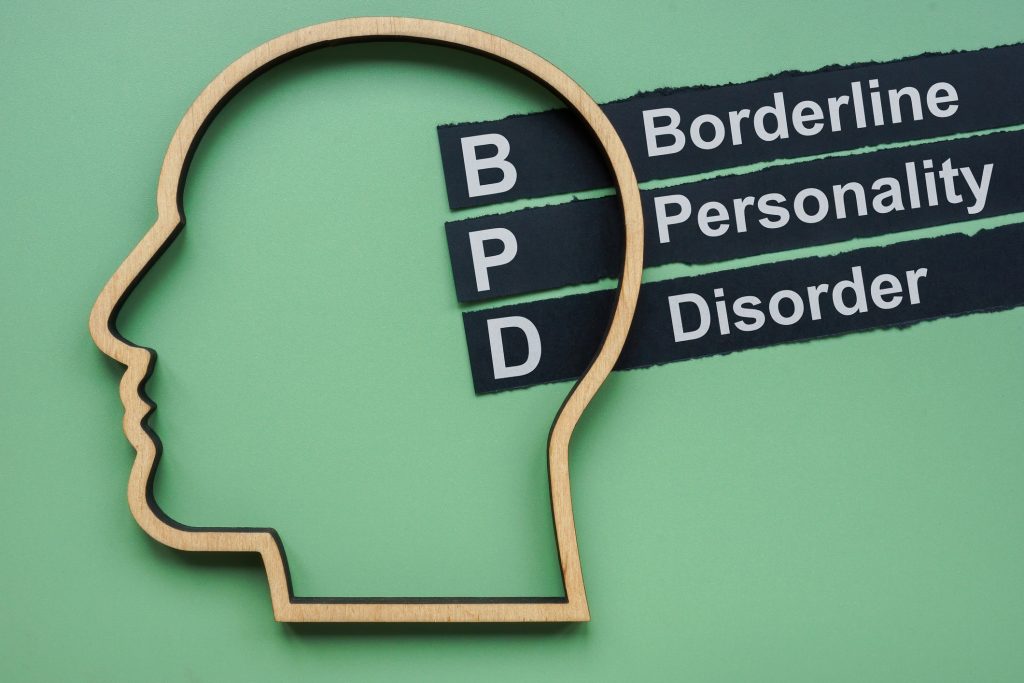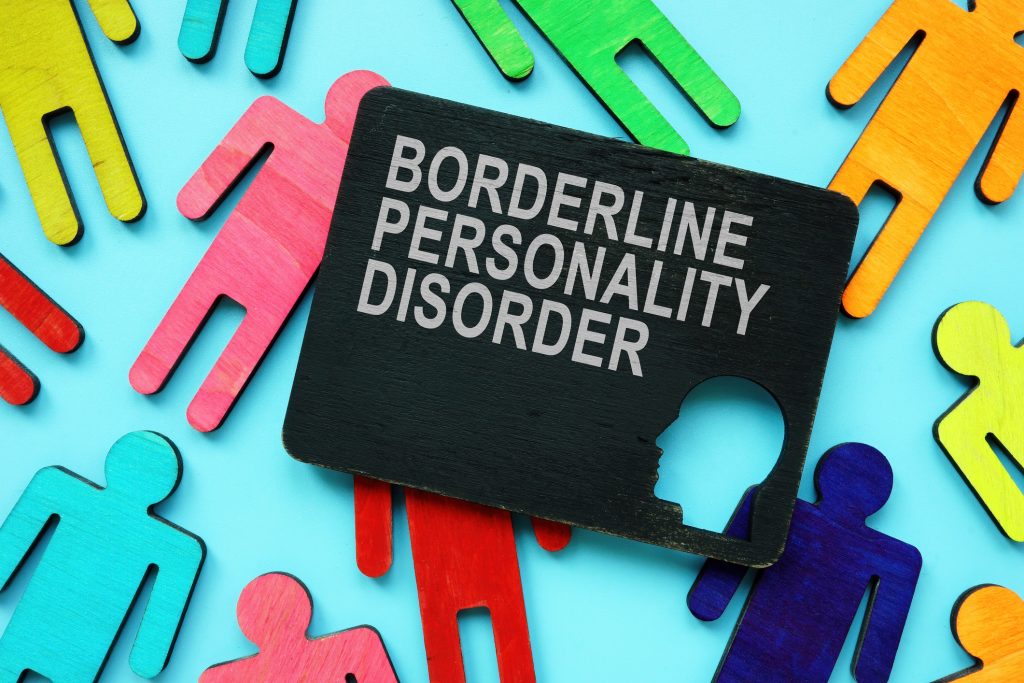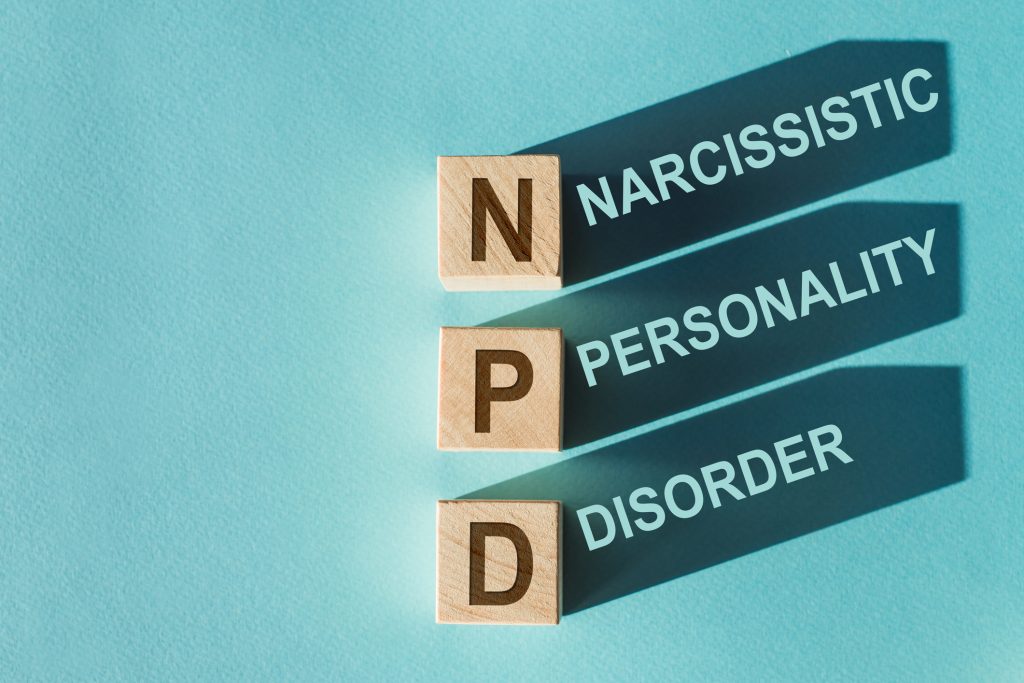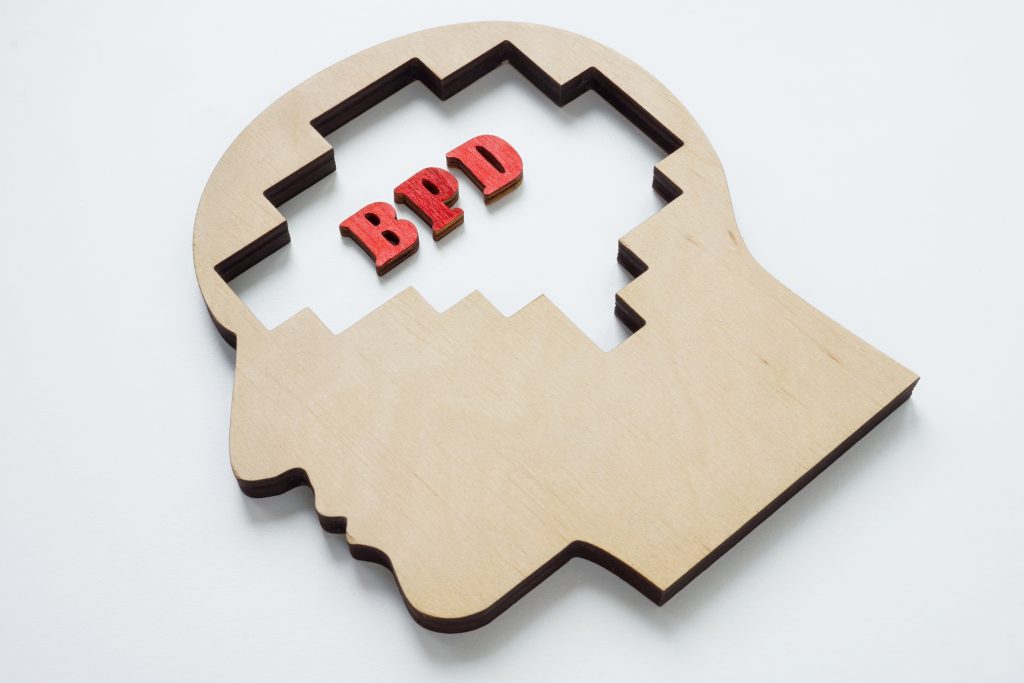
How to Set Boundaries (When You’ve Never Learned How)
By Alina K
If you grew up enmeshed with a parent, chances are, no one ever taught you what a boundary is. You were probably praised for being selfless,always saying yes,and being “easygoing.” Overtime, it might have seemed like your job was to maintain the peace, regardless of how much it cost you.
When learning about boundaries in adulthood, it can feel uncomfortable,even selfish.Not because it is, but because it’s unfamiliar.You weren’t wired for it, and you haven’t modeled it. Developing those internal muscles for the first time can feel awkward, unfamiliar, and even intimidating.
Setting boundaries is often uncomfortable, especially at first. This discomfort arises not only because it’s new f or you but also because the people around you — particularly those who have benefited from your lack of boundaries — will likely push back.They may guilt you, shame you , or act wounded. They may try to convince you that you’re being mean, cold, or “not yourse lf.”
That’s where many of us crumble. We don’t want to hurt anyone’s feelings or make people mad.
Here’s what’s important to remember: boundaries are not about hurting others. They don’t focus on standing your ground or tolerating nonsense from anyone. The y are about honoring and loving yourself.
Boundaries define what is acceptable for you. They demonstrate what you can ’t or tolerate for you to be happy. They show what type of behavior you’re ok with and what you a ren’ t. They define what you expect and will do if that person doesn’t comply.
Boundaries are invisible lines you draw around yourself that protect your peace. Boundaries tell you that these are the things I need to feel safe, sane, and whole. These are the things I will do to protect my peace.
Many people get confused , but boundaries don’t have to be aggressive or dramatic. They can be simple requests resulting in a certain action or inaction
Below are examples of how a boundary may look or sound:
- Your friend calls you late at night, despite you having told her you don’t want her to call late. You can tell her, “I go to bed at 10 pm and don’t take calls after 9 pm.” Then, when someone calls you at 10 pm, you don’t answer or text them back until you have time.
- Someone asks you to go out when y ou have set aside dedicated time for some much – needed self – care. You say, “That date and time won’t work for me. How about next week (or never, if you don’t want to get together with that person).”
- Your boss emails you with project requests on weekends. You respond by immediately informing your coworkers that you are out and won’t respond until Monday.
- Your mother texts you to tell you that she will be over at 5 p.m. when you already told her you were busy. You text her, “Today doesn’t work for me. We w ill get together at a mutually convenient time.” If she shows up, you don’t answer the door.
- Your sister demands that you call her back within 5 minutes and keeps calling you after you’ve told her to stop calling excessively. You use the do not disturb feature on your phone , and whoever calls gets an automatic response that says, “I’m busy. I will call when I’m free.”
The first time you set a boundary, you may feel strange. You will likely second – guess yourself. Your words may wobble. That’s okay. It’s not about being perfect but about practicing a new way of being. It’s about putting forth the effort to show yourself that you care about your needs, wants , and desires. Every effort counts.
Begin steadily and don’t lose hope. You can achieve this. If you f eel overwhelmed, support is available to you. Therapy or coaching is a great How_to_Set_Boundaries – Asli -CLEAN.docx option to help you set boundaries. Or, just find one safe person — a friend or a mentor — who sees the real you and can remind you you’re not crazy for setting boundaries and finally choosing yourself.
Be gentle with yourself. Remember that you’re unlearning years of conditioning. Be gentle. Be patient. And keep going. Because every time you set a boundary, you’re not just protecting your energy — you’re reclaiming your life
























